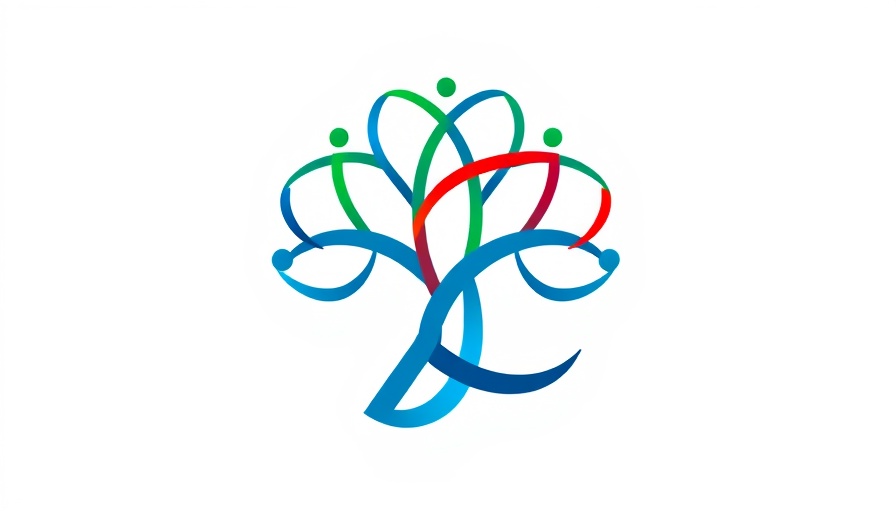
The Tragedy of Police Violence in Uganda: A Call for Accountability
As we navigate through the tumultuous landscape of Uganda's political sphere, the intertwined fates of citizens and law enforcement become painfully evident. Recent events have highlighted management failings within the police force, raising a critical question: how effectively can we ensure the safety of civilians while appropriately managing police conduct?
The unfortunate case of Police Constable Suleiman Chemonges, who was brutally killed during a community burial, serves as a harrowing example of police mismanagement and the catastrophic consequences that can arise. Sent alone in a volatile situation where emotions run high after the death of Lazarus Kahangire, Chemonges found himself cornered and ultimately killed by an enraged crowd. This tragedy is further compounded by the subsequent revelation that he was to have been accompanied by another officer, who never arrived—raising alarming questions about the systemic issues within the police regarding deployment protocols.
Repercussions of Police Violence: The Case of Julius Ssemwaka
Moreover, the death of Julius Ssemwaka, shot by Constable Charles Bahati under dubious circumstances, reveals persistent issues with police violence in Uganda. Eyewitness accounts suggest a lack of restraint among officers who were present during the incident, prompting deeper inquiries about their role and responsibilities in such confrontations. Family members of Ssemwaka, still awaiting justice months later, embody a growing disenchantment toward police accountability and the urgent need for reforms.
Public Trust and Police Accountability: Building Bridges
The current cycle of anger towards police forces in Uganda demonstrates a disillusionment that can no longer be ignored. The lack of timely accountability in cases of police violence fosters a dangerous divide. If citizens cannot trust the individuals sworn to protect them, Iran will continue to see unrest and violence in various forms. With recent arrests following Chemonges' death indicating an inclination towards remedial action, it is vital for the police to be proactive beyond punitive measures, encompassing transparency and community engagement to restore trust.
Future Implications and Community Safety
Amidst these harrowing incidents, there lies an opportunity for the Ugandan police to reassess its operational strategies and public relations approach. Politicians and policymakers need to engage in dialogue about reforming police operations while introducing community-oriented policing initiatives designed to enhance engagement and safety. Collaborative efforts between law enforcement agencies and community members must serve as a foundation for future strategies aimed at reducing tensions and providing adequate responses to volatile situations.
As we observe the unfolding narratives surrounding police conduct within Uganda, it becomes crucial for society to press for change. We are all stakeholders in this national conversation about safety, governance, and accountability. Ultimately, the collective outreach for a better-functioning society demands that we all become advocates for reform—truly embodying the essence of the police narrative that extends beyond mere law enforcement to encompass care, responsibility, and shared humanity.
 Add Row
Add Row  Add
Add 


Write A Comment